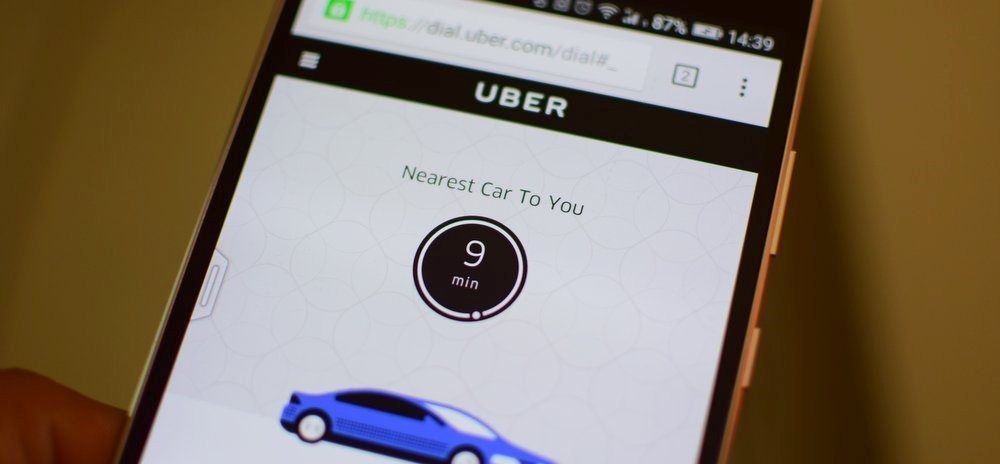Uber Was Caught Tracking User’s iPhones Even After App Uninstalls; Tim Cook Threatens App Removal From Store

At first glance, Apple CEO might seem a quiet person, but this might not be true when it’s about his company’s policies especially when someone tries to outsmart it. A similar to this happened back in 2015, when ride hailing application – Uber had found a way to identify individual iPhones even when the app was deleted, which led Tim Cook threatening Travis Kalanick to have Uber iPhone app removed from the App Store, as per an article in New York Times.
Uber was using a secret tool dubbed – Greyball, which was primarily used against rivals, and also to trick some law enforcement agencies. As Apple wasn’t privy to this, Uber found a way to geofence Apple headquarters in Cupertino, and had changed its code so that it would be hidden from Apple employees. However, Apple caught hold of Uber’s trick which then led to a meeting of two CEOs, where Cook expressed his dissent to Kalanick.
“Uber was dealing with widespread account fraud in places like China, where tricksters bought stolen iPhones that were erased and resold. Some Uber drivers there would then create dozens of fake email addresses to sign up for new Uber rider accounts attached to each phone, and request rides from those phones, which they would then accept. Since Uber was handing out incentives to drivers to take more rides, the drivers could earn more money this way,” the practice of Uber tricking Apple started back in 2014, as per NYT.
Failed hideout
Basically Uber engineers created a persistent identity for iPhone users that were using the app, the dedicated practice is known as “fingerprinting”. It allowed Uber to identify an iPhone, and provided access to users’ identity even when the data of the iPhone was erased properly. But as per Apple’s guidelines fingerprinting iPhones was a big violation in Apple’s rule book. Also, Cook has been very rigid about his policies, he had believed that wiping an iPhone should ensure that no trace of the owner’s identity remained on the device.
In a statement to The Verge, Uber has explained that this practice is pure act of self-defense – “We absolutely do not track individual users or their location if they’ve deleted the app. As the New York Times story notes towards the very end, this is a typical way to prevent fraudsters from loading Uber onto a stolen phone, putting in a stolen credit card, taking an expensive ride and then wiping the phone—over and over again. Similar techniques are also used for detecting and blocking suspicious logins to protect our users’ accounts. Being able to recognize known bad actors when they try to get back onto our network is an important security measure for both Uber and our users.”
Maintaining its policy, Uber took the right decision by chucking off its smart practice, as most certainly, if the application had been thrashed out of App store, the company would have lost some million users. The app has its fan base due to many giveaways, but would have certainly lost it. Fencing Apple Cupertino’s base to keeping a track of users is pretty messy, well let’s hope Uber has got its lesson, till then you can please sing off your response in the comment section.

that’s bad, UBER must not stalking the user.